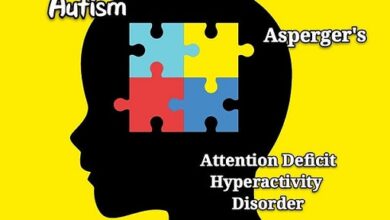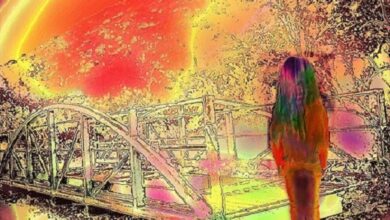Political institutions
Political institutions are the organizations that design, regulate and monitor the norms of political coexistence in a country or region. The public service that derives from these institutions aims to guarantee basic behaviors and customs for a society.
An institution is an entity that regulates fundamental aspects of collective life. The institution survives the men who inhabit it at any moment. It is an autonomous entity, through which the human aggregate is transformed into a community of action.
Among the main functions of political institutions is the creation of structures and mechanisms that regulate the social order. They feed off approaches and theories from social sciences such as anthropology, sociology, philosophy, psychology, political science and economics.
Political institutions are characterized by being transcendent, enduring, stable and provide legal continuity in a society. They are an individuality of the collective expression of a population that overrides the interests of the territory and citizens above all else.
It is an elementary subject of study for the legal sciences, since the law intervenes in the elaboration of rules of a society.
For Jaime Eyzaguirre, one of the most important achievements of “homo sapiens” is the construction of a political system that manages the coexistence of human beings through institutions of order.
Purpose of political institutions
Social order and justice are one of the goals pursued by these institutions in all societies. Every political regime, whether democratic or dictatorial, seeks to preserve order through its political, coercive, and legal institutions. However, its operational mechanism is modified in each company.
According to Unesco in 1948, “political institutions are related to aspects of orientation and search for social stability of society, in order to preserve its evolution”.
The new constitutionalism defines political institutions as the juridical-political scaffolding on which the life of a country is sustained. These, in turn, are constituted by a set of norms and values that are laws of the political system.
Characteristics of political institutions
Effective participation
One of the functions of contemporary political institutions is to ensure that the citizens they protect effectively participate in decisions, whatever form they take. This aspect confers legitimacy on every institution.
Freedom of expression
Institutions ensure that citizens can express their opinion freely through any means. However, this freedom is penalized in some countries when freedom of expression is used to incite hatred, war, racism or xenophobia.
Alternative information
Freedom of information is the media‘s right to broadcast news for free, without restrictions or threats. The fact that journalistic research seeks to have informed citizens, a reasoned public opinion and to achieve a more transparent society.
Autonomy to associate
Free association with political, social, professional or any other objective is one of the essential conditions that political institutions must guarantee.
As long as they comply with the law and do not seek to promote profound changes through violent actions.
citizen inclusion
All actors in society are equal for the laws, no one can be excluded from their rights for thinking differently. Political institutions ensure the establishment of a regime that guarantees equality and justice to all inhabitants.
The characteristics of modern political institutions are closely linked to the notions of democracy, since the democratic order is the one that provides society with the highest levels of tolerance and regulation of political life.
Functions of Political institutions
Condition and regulate political life
Based on the precepts of equality, fairness and justice, political institutions have the main function of conditioning the political life of a country, in order to achieve an increasingly stable, plural and democratic order.
Fulfill the proposed objectives
Outline the master plans for the development of coexistence, economics, politics, social and ensure their effective compliance over time.
Satisfy social needs
In all societies there are vulnerable sectors, it is the function of public institutions to seek a mechanism so that all inhabitants of a country or region can meet their basic needs and thus have a decent life.
Exercise social control
Social control is understood as the system of norms that regulate the life of a nation and the institutions with powers to restore order in any circumstances.
The French philosopher Michel Foucault, in his summit work “discipline and punish ”, says that the person in charge of exercising social control is the State and compares the work of the State with a “ panopticon” that guarantees the effective punishment of those who violate the rules of coexistence.
Examples of institutions
- Head of State : can be the president of the republic or the king, depending on the form of government.
- Head of government : The president. This is known as the executive branch.
- General Courts : It is composed of the deputies and senators of the congress. It is known as the legislative power.
- Courts of Justice : whose main representatives are judges and magistrates. This is the judiciary.
Balance of public institutions
In Spain, these four institutions are the main regulators of national life. However, from country to country, the configuration of public institutions varies, although the objective is the same: to preserve social order and democratic coexistence.
For Thomas Hobbes, the State is a ” leviathan ” that man created to preserve peace and voluntarily submit to the control of his self-destructive nature. Public institutions have prevented civil wars, confrontations and major problems in all societies.
In any case, political institutions are the body that reduces social risk and seeks to maintain order for the harmonious development of the different components of society.




